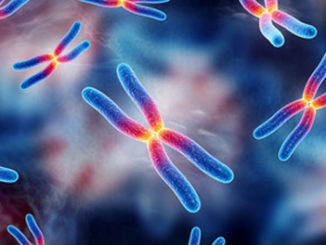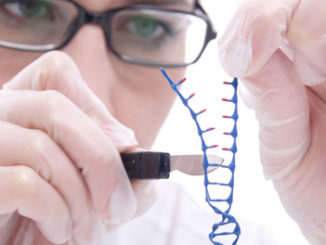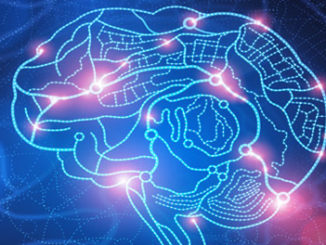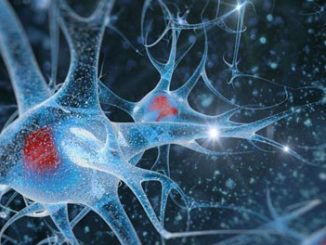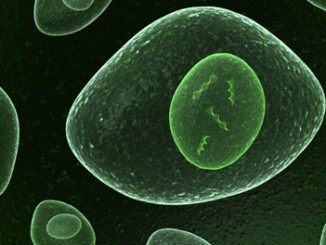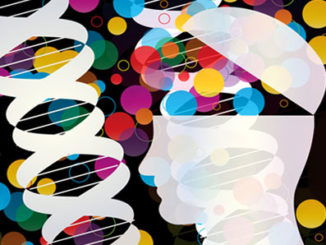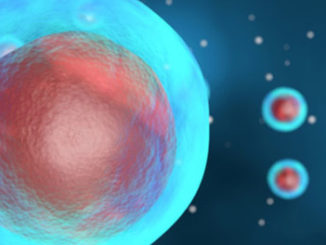Inheritance and Transmission of Epigenetic Memory Across Generations
New research has been suggesting that parents can transmit changes to their gene expression to their children. The heritable changes occur as a result of environmental stresses and are known as epigenetic modifications. A previous article covered the epigenetic transfer of nutrition “memory” across several generations. Now, a recent study by researchers from the University of California in Santa Cruz, demonstrates the transferring of epigenetic memory across generations as well as from one cell to another during early development. The [more…]



